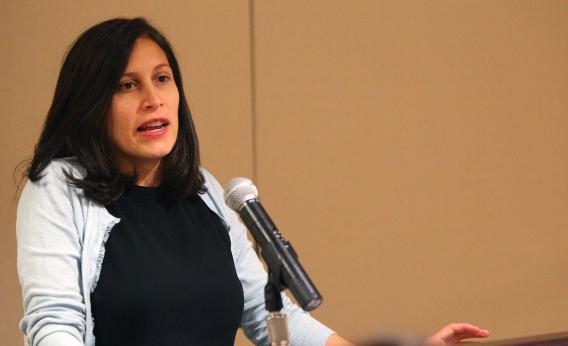On Friday, the White House issued its Annual Report on Intellectual Property Enforcement. The text reaffirms Obama’s stance on SOPA: that IP protection is necessary, but the bill went too far.
The 130-page document outlined the administration’s achievements in and strategies for protecting intellectual property in 2011 (including a lot of material on fake online pharmacies).
In addressing the White House’s approach to foreign websites, Victoria Espinel, U.S. intellectual property enforcement coordinator, writes:
The response recognizes that online piracy is a serious problem, but also makes it clear that the Administration will not support legislation that reduces freedom of expression, increases cybersecurity risk (including authority to tamper with the DNS system), or undermines the dynamic, innovative global Internet.
The Administration is interested in working with Congress to ensure that these issues are addressed in a manner that takes into account the challenges and opportunities of the Internet and that is consistent with the Administration’s goals and public policy principles.
According to the Hill, proponents of both digital and IP rights are pleased with this balanced approach. John Bergmayer, an attorney at Public Knowledge, told the Hill that the report showed “a commitment to transparency in policymaking for intellectual property. But Tech Dirt is less thrilled with Espinel: “[T]he report seems to assume that ‘greater enforcement = good thing,’ despite a near total lack of evidence to support that position.”
Though the press frenzy over SOPA and PIPA put a spotlight on file sharing, according to the report, one of the government’s intellectual-property priorities in 2011 was battling counterfeit pharmaceuticals. The administration’s strategy for combating fake medications sold online emphasizes that counterfeit pharmaceuticals are threats to both intellectual property and global health. In the new report on IP, Espinol touts the Center for Safe Internet Pharmacies, a nonprofit organized by American Express, Discover, Visa, Google, and other partners to crack down on illegal online pharmacies. Further, Homeland Security “increased seizures of counterfeit pharmaceuticals by almost 200 percent” between 2010 and 2011.
